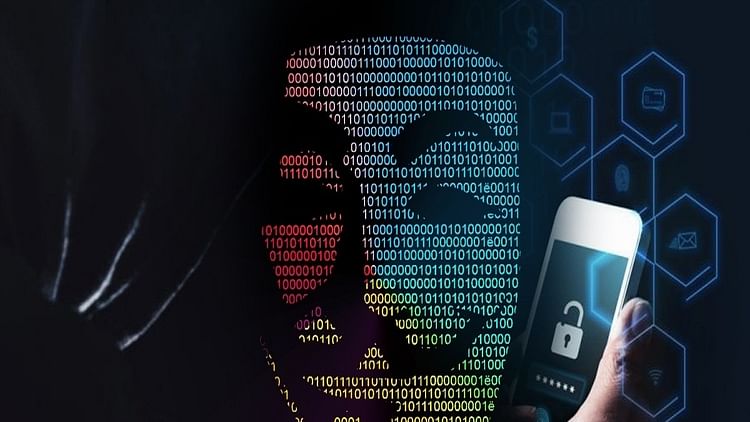Pegasus, the winged horse, is supposed to carry thunderbolts as per Greek mythology. It seems one of these bolts has struck the Modi government, which is in a real predicament over its alleged deployment of the Israeli spyware to snoop on prominent people in India. Whether such use was authorised or unauthorised remains a moot point right now.
What is of more immediate concern is whether the Modi government bought the spyware using taxpayers’ money to spy on journalists, activists, political opponents etc. Whatever be the answer, the ruling party and the government are in a hopeless situation.
If it admits having bought the malware, it doomed. And if it denies having made the purchase, it will amount to admitting that the government has no control over the goings-on within its own domain.
The third option, of avoiding both answers, is what the Modi government is trying to do, though with little success, and the suspicion that it was complicit is only getting stronger with every hour of the delay in clarifying its role. For, in leaving things in ambiguity, the government has wittingly or unwittingly dropped enough hints of its complicity.
The New IT minister Ashwini Vaishnaw, who according to the government is the right person to speak about the issue, asserts there has been no ‘unauthorised’ use of the Pegasus software in India. In the same breath, he cites the NSO Group, the Israeli owners of the spyware, to claim that such services are openly available to anyone, anywhere, and anytime, and are commonly used by governmental agencies as well as by private companies worldwide.
Vaishnaw, at the same time, has not denied the existence of a well-established procedure through which lawful interception of electronic communication is carried out for the purpose of national security. But the definition of national security has been so highly elastic by the Modi government, repeatedly attracting the ire of the courts, that Vaishnaw’s assurance carries little credibility, especially when reports have suggested that he was himself the victim of spying, along with two other members of Modi’s cabinet as well as functionaries of the PMO.
This raises the question as to what kind of ‘national security threat had warranted such surveillance. Or was it to keep a watch on potential Brutus-es?Vaishnaw’s predecessor Ravi Shankar Prasad has raised the spectre of Indian democracy being targeted to be singled out for the use of Pegasus for surveillance. It was in 2019 when he was the IT minister that the Pegasus controversy first broke out. Prasad had then sought to brush aside the allegation by insisting there was no ‘unauthorised’ interception.
His claim about India being ‘targeted’ when more than 45 nations were using the spyware in a way confirmed that India was indeed among those nations.He has blamed ‘some people’ as being behind the current controversy and sees mischief in the timing, since the scandal happened to come to light just before the monsoon session of Parliament commenced. Among these ‘people’, he seems to have Congress leader Rahul Gandhi in mind, whose name allegedly figured in the list of potential targets, which is clearly ludicrous.
It is high time for the Modi govt to stop indulging in whataboutery and come clean on the issue.


























































































